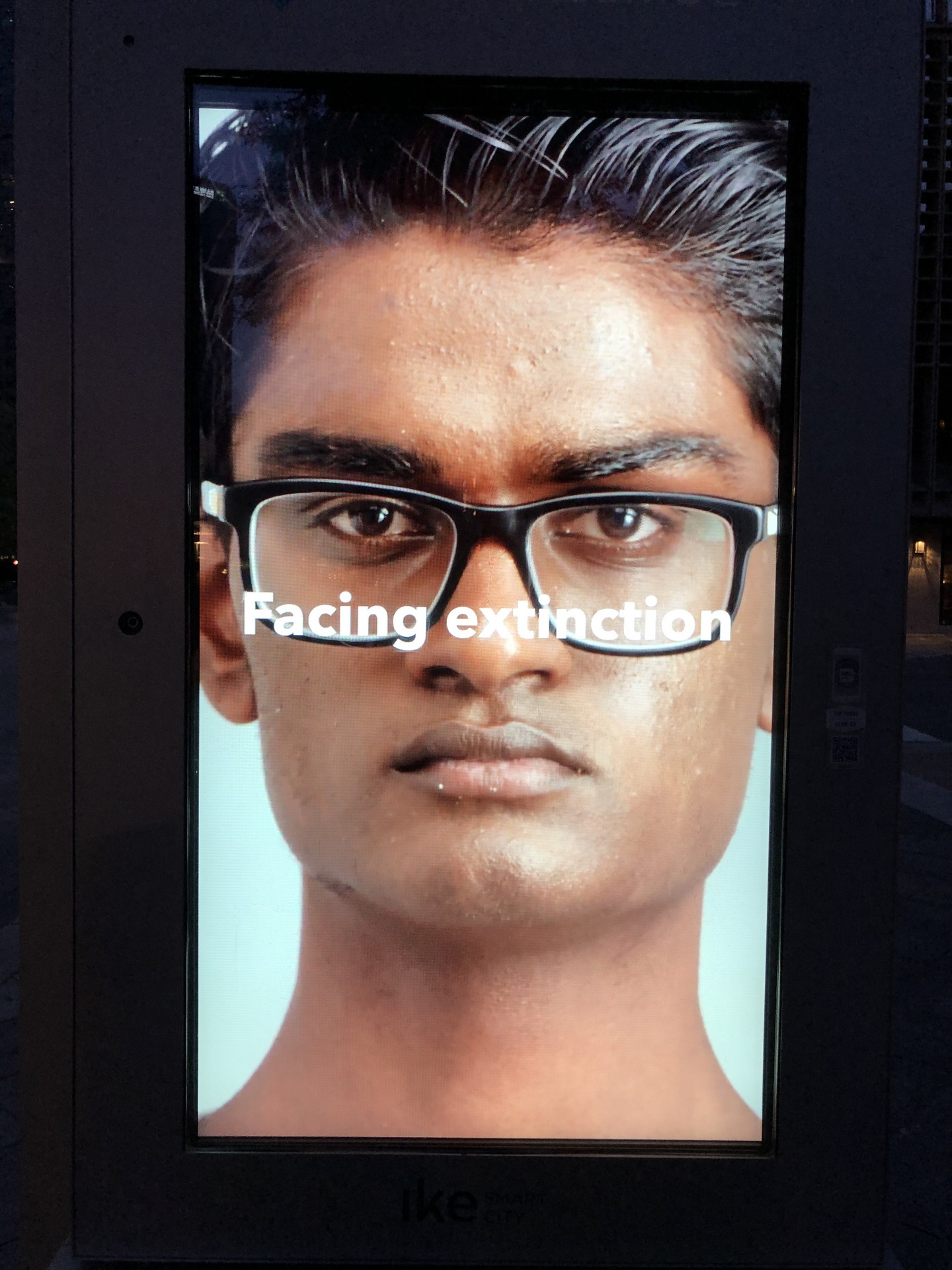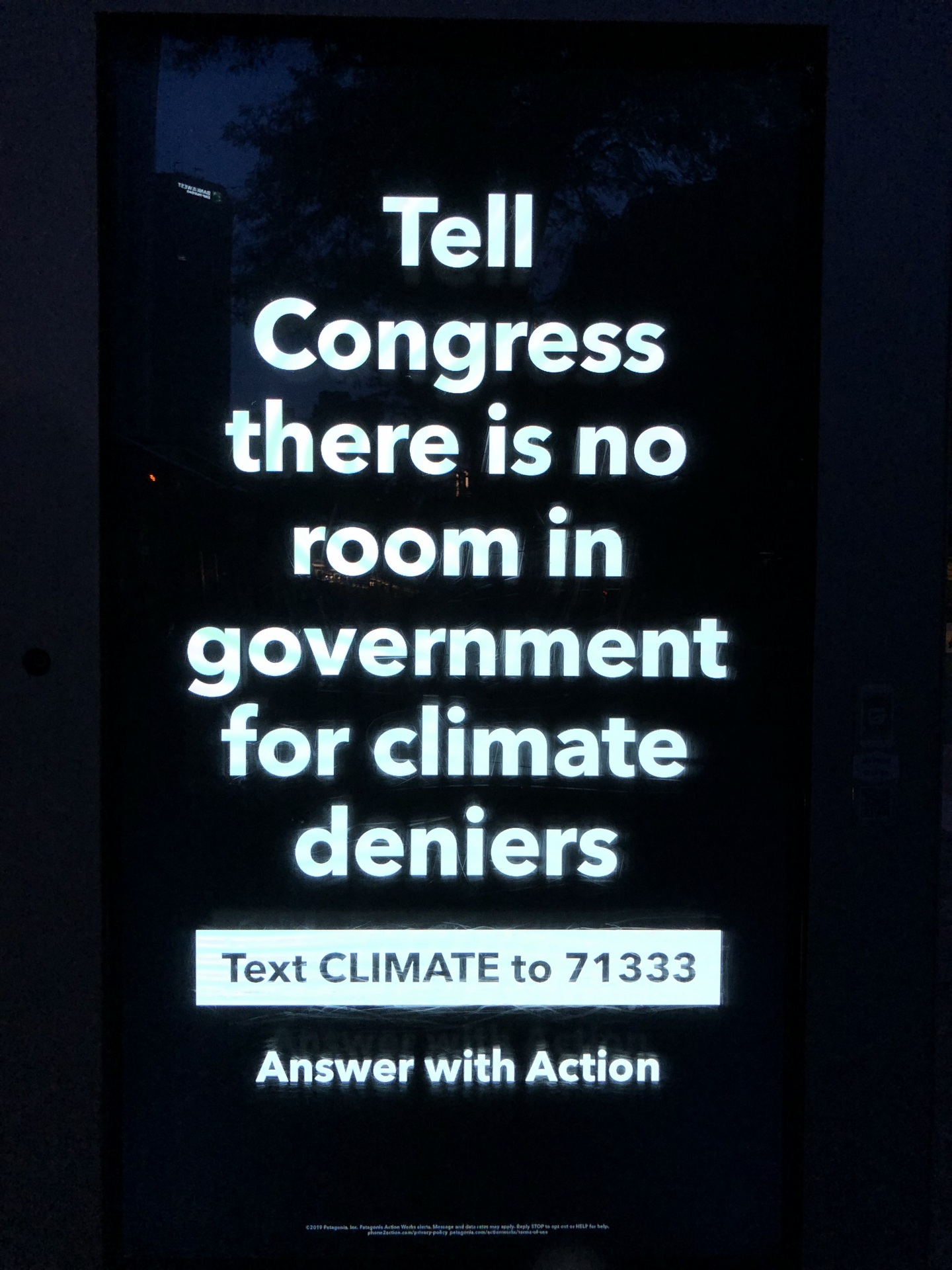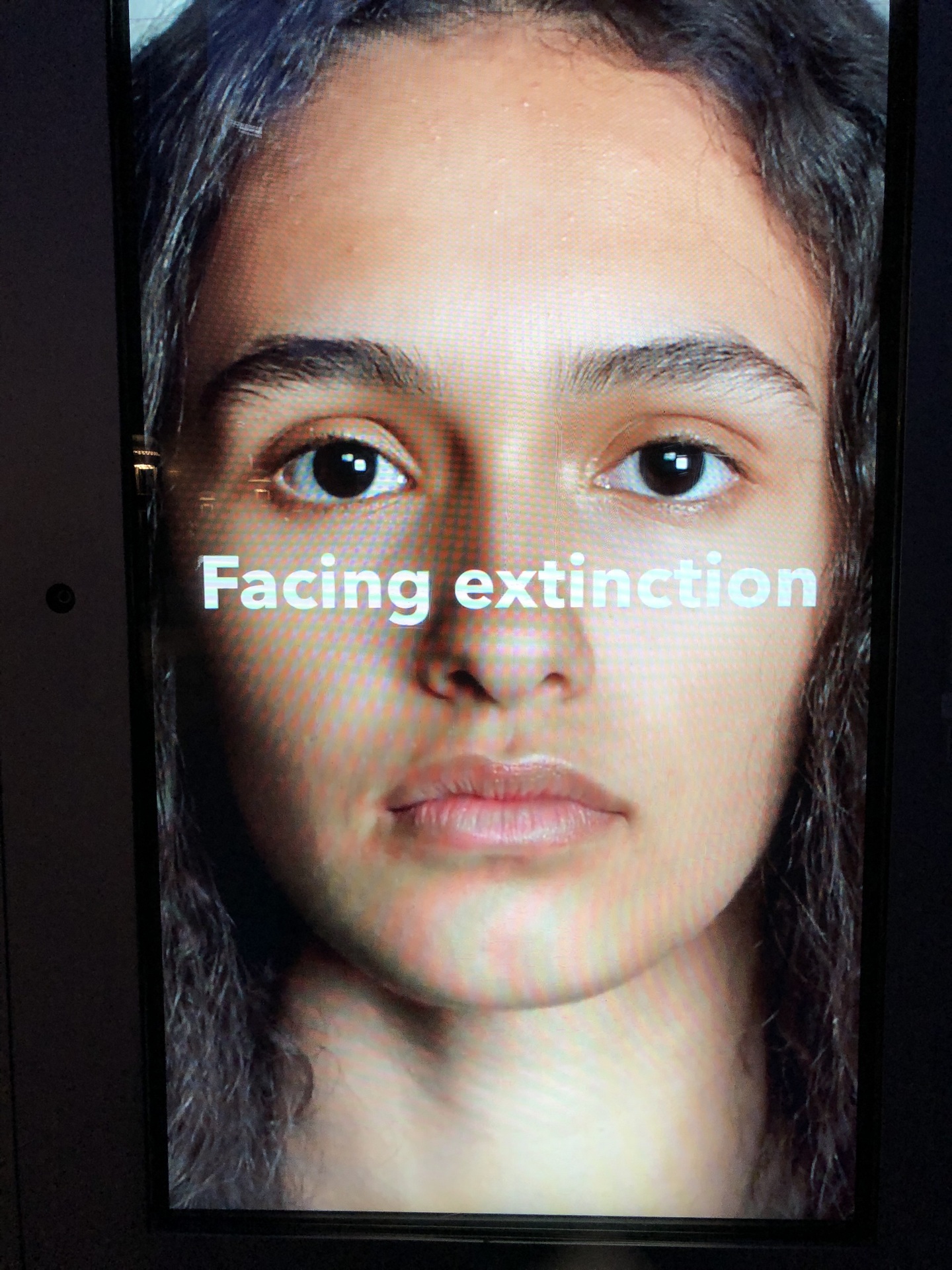How can we stop hurricanes?
Today is my birthday and also the day that Hurricane Ian arrives on Florida’s west coast. Now that we’re quasi-coastal Floridians, what I want as a present is a machine that can stop hurricanes.
An Ivy League graduate recently suggested this idea. She consumes the New York Times and Washington Post, which assure her that humans are causing hurricanes by burning fossil fuels, failing to vote for Democrats 100 percent of the time, not growing the government to a sufficient size, etc. The natural inference from this media diet is that humans can easily stop hurricanes and, this Ivy League graduate made that inference, pointing out that “we really have to stop these hurricanes.”
Well… why not? Should we be discouraged by the fact that “during its life cycle a hurricane can expend as much energy as 10,000 nuclear bombs” (NASA)? I think not!
A hurricane has low pressure air in the middle. What about a big air hose pumping in air so as to create high pressure? Science v.1980 says that I’m right (Florida Today):
Not so long ago, the idea of bending a hurricane to our will wasn’t so far fetched or fringe science. It was the mainstream. Starting in the 1940s, Nobel Prize winning scientists such as Irving Langmuir, and even famed American writer Kurt Vonnegut’s older brother, Bernard Vonnegut, an atmospheric scientist, got in the mix of weather modification.
Believing man could stop or move hurricanes was mainstream science from the 1940s until a military program looking into matter went bust in the early 1980s.
If Bill Gates hadn’t made the mistake of getting married, he might have enough money to execute on his vision:
Even Microsoft founder Bill Gates weighed in on hurricane suppression a decade ago. He proposed using hundreds of huge ocean-going tubs to drain warm water from the surface to deeper water, through a long tube, weakening storms as they form.
What about robot barges that make ice and dump the ice into the ocean just ahead of the hurricane, thus robbing the hurricane of the warm water that it needs to thrive? If Elon Musk has a robot barge on which a rocket booster can land, why not ice-making barges?
National Geographic says that we create hurricanes, but can’t easily stop them:
“These are not acts of God,” says meteorologist Alan Gadian, senior scientist at the U.K.’s National Centre for Atmospheric Sciences, “but a direct consequence of making the atmosphere more unstable due to seawater being warmer than average. They will occur again.”
One possible approach is “marine cloud brightening,” first proposed in 1990 by cloud physicist John Latham at the National Center for Atmospheric Research in Boulder, Colorado. The idea is to infuse clouds with particles of sea salt, around which water vapor would condense to form droplets. The more droplets in a cloud, the whiter it is and the more sunlight it reflects, cooling the sea below it.
Physicist Russell Seitz conceived “Bright Water” to cool the seas or reduce evaporation from freshwater reservoirs. In the case of hurricanes, he theorizes that ships pumping microscopic bubbles into their wake along tropical storm tracks could cool the water at lower cost than ships spraying the sky—and with less risk of affecting the weather elsewhere.
Readers: What is your best idea for keeping these pernicious human-caused weather systems away from the Caribbean and Florida?
What if we can’t stop a hurricane, how do we prepare? What’s actually more powerful than 10,000 nuclear bombs? As with meeting new friends at the bathhouse (“We have been aggressive in educating our clients through social media and in-house,” said a representative for The Cock, located in NYC’s East Village. “We continue to require COVID vax proof…”), the CDC says the best protection against a hurricane is to get a COVID-19 vaccination: “Stay up to date on your COVID-19 vaccines. COVID-19 vaccines help protect you from getting sick or severely ill with COVID-19. Staying up to date on vaccines makes it less likely that you will be sick with COVID-19 while sheltering or evacuating from a hurricane, and less likely to need medical services while hospitals are under strain from the natural disaster.”
An alternative perspective from a Florida TV weatherman:
- Charge any device that provides light. Laptops, tablets, cameras, video cameras, and old phones. Old cell phones can still used for dialing 911. Charge external battery back ups. ( Glow sticks also provide light for a few hours. Stand them upright in a glass or jar to make a lantern.)
- Wash all trash cans, big and small, and fill with water for flushing toilets. Line outdoor trash cans with trash bags, fill with water and store in the garage. Add bleach to sterilize. [But what if you have a pool? Plenty of chlorine-sterilized water!]
- Fill every tub and sink with water. Cover sinks with Saran Wrap to keep it from collecting dust. Fill washing machine and leave lid up to store water.
- Fill old empty water bottles and other containers with water and keep near sinks for washing hands.
- Fill every Tupperware with water and store in freezer. These will help keep food cold longer and serve as a back up water supply.
- Fill drinking cups with water and cover with Saran Wrap. Store as many as possible in fridge. The rest you can store on the counter and use first before any water bottles are opened. Ice is impossible to find after the storm.
- Reserve fridge space for storing tap water and keep the sealed water bottles on the counter.
- Cook any meats in advance and other perishable foods. You can freeze cooked food. Hard boil eggs for snacks for first day without power.
- Be well hydrated before the storm hits and avoid salty foods that make you dehydrated.
- Wash all dirty clothes and bed sheets. Anything dirty will smell without the A/C, you may need the items, and with no A/C, you’ll be sweating a lot. You’re going to want clean sheets.
- Toss out any expiring food, clean cat litter boxes, empty all trash cans in the house, including bathrooms. Remove anything that will cause an odor when the A/C is off. If you don’t have a trash day pickup before the storm, find a dumpster.
- Bring in any yard decor, secure anything that will fly around, secure gates, bring in hoses, potted plants, etc. Bring in patio furniture and grills.
- Clean your environment so you have clear, easy escape routes. Even if that means temporarily moving furniture to one area.
- Scrub all bathrooms so you are starting with a clean odor free environment. Store water filled trash cans next to each toilet for flushing.
- Place everything you own that is important and necessary in a backpack or small file box that is easy to grab. Include your wallet with ID, phone, hand sanitizer, snacks, etc. Get plastic sleeves for important documents.
- Make sure you have cash on hand.
- Stock up on pet food and fill up bowls of water for pets.
- Refill any medications. Most insurance companies allow for 2 emergency refills per year.
- Fill your propane tanks. You can heat soup cans, boil water, make coffee, and other stuff besides just grilling meat. Get an extra, if possible.
- Drop your A/C in advance and lower temperatures in your fridges.
- Gather all candles, flashlights, lighters, matches, batteries, and other items and keep them accessible.
- Clean all counters in advance. Start with a clean surface. Buy Clorox Wipes for cleaning when there is no power. Mop your floors and vacuum. If power is out for 10 days, you’ll have to live in the mess you started with.
- Pick your emergency safe place such as a closet under the stairs. Store the items you’ll need in that location for the brunt of the storm. Make a hand fan for when the power is out.
- Shower just before the storm is scheduled to hit.
- Keep baby wipes next to each toilet. Don’t flush them. It’s not the time to risk clogging your toilet!
- Run your dishwasher, don’t risk having dirty smelly dishes and you need every container for water! Remember you’ll need clean water for brushing your teeth, washing yourself, and cleaning your hands.
- Put a small suitcase in your car in case you decide to evacuate. Also put at least one jug of water in your car. It will still be there if you don’t evacuate! You don’t need to store all water in the house. Remember to pack for pets as well.
- Check on all family members, set up emergency back up plans, and check on elderly neighbors.
- Remember, pets are family too. Take them with you!
- Before the storm, unplug all electronics. There will be power surges during and after the storm.
- Gas up your car and have a spare gas container for your generator or your car when you run out.
32 . Use plastic cups and paper plates. 👍 You need water to wash dishes….👎
33 . Also if you run out of water tap your hot water heater it can have up to 30 gallons stored in there.
34 . Put water in balloons and store in freezer.
After reviewing the above, my conclusion is that it is best to drive to Orlando and stay there!
Our neighbors have been working hard to prep. Here are some examples:






























